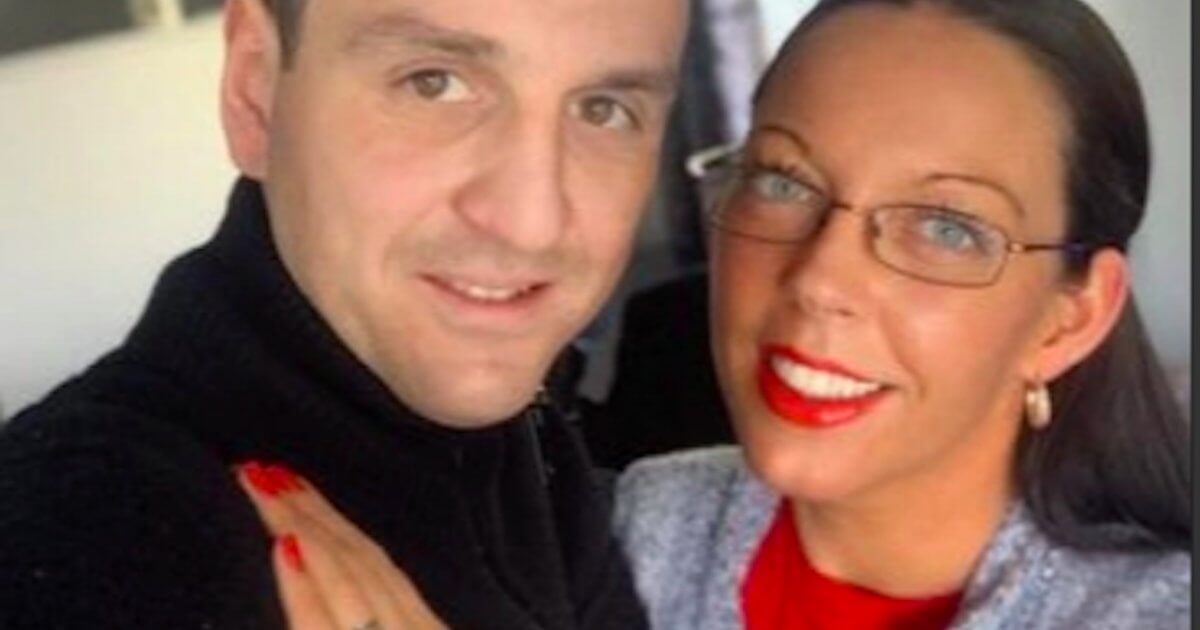Cancer caregivers are often reminded to take care of themselves to avoid burnout. But one British mom whose fiance is battling testicular cancer is drawing fire for stretching the definition of self-care: Charlene England, 34, went for a $5600 plastic surgery, a butt lift to be exact, to boost her sagging self-esteem.
“Now it's fashionable to have a bum like Kim Kardashian,” England told The Sun. “And, gradually over time, I became more and more aware of how flat mine was.”
Read MoreAs a new mom, “I began to feel really low and developed post-natal depression,” said England, whose son Ronnie was born eight months ago. “I was even having panic attacks just at the thought of going shopping.”
Testicular cancer survivor, Mark Borja, founded Save a Nut a support group for men in Charlotte, NC who are going
Her fiance, Dan, was diagnosed after experiencing odd symptoms: “He started to lose the feeling in his hands and they became numb.” He was shocked to be diagnosed with what the doctor suspected was testicular cancer. He’s currently on steroid treatment to grow the tumor to a removable size, she explains: “It's a balance. But they need it to be a certain size so they can go in and grab it.”
RELATED: Olympian Scott Hamilton Beat Testicular Cancer
In the meantime, the numbness could take five years to resolve. “It's so sad and upsetting. He can't lift the kids up and play around with them like he used to, and that's so hard for him, but he's a great dad,” England says.

Charlene England says butt-lift surgery helped her cope with the demands of cancer caregiving and new motherhood.
“It's been tough,” she admits. “As the pandemic wore on, I was desperate for something to raise my spirits.”
England had implant surgery 8 weeks ago and she’s delighted with the results. To her critics, she says: “It's none of their business. No-one has the right to call me selfish. I spend all my time looking after everyone else and I needed to do something for myself, to boost my confidence and self-esteem.”
Living With Testicular Cancer
Testicular cancer is most frequently diagnosed in men between ages 20 and 34, according to the National Cancer Institute (NCI).
RELATED: 22-Year-old Pitcher Eric Orze, Testicular Cancer and Melanoma Survivor Will Be a Met!
Symptoms can include (but are not limited to) a painless lump or swelling in either testicle; change in how the testicle feels; a dull ache in the lower abdomen or the groin; sudden build-up of fluid in the scrotum; and pain or discomfort in a testicle or in the scrotum.
Many testicular cancer survivors find ways to live full lives with cancer. Tripp Hornick, for instance, spoke with SurvivorNet about being diagnosed with testicular cancer in college, and how he kept moving toward the goals he had set for himself.
Tripp Hornick, who was diagnosed with testicular cancer as a 21-year-old college student, learned to shake off the shame surrounding the disease.
Many testicular cancer survivors find ways to live full lives with cancer. Tripp Hornick, for instance, spoke with SurvivorNet about being diagnosed with testicular cancer in college, and how he kept moving toward the goals he had set for himself.
"Shame is an important topic when it comes to cancer," Hornick adds, warning that the stigma surrounding a testicular cancer diagnosis, can make men hesitate to check in with their doctors when they experience concerning symptoms.
"I think we as men have an awful lot that we can learn from what women have to go through with breast cancer." Tripp emerged from his experience with an extremely positive message: Do not be a victim. "What you accomplish is what cures any shame," Tripp says, and there's no reason you can't go on to live a happy and fulfilling life.
Learn more about SurvivorNet's rigorous medical review process.


